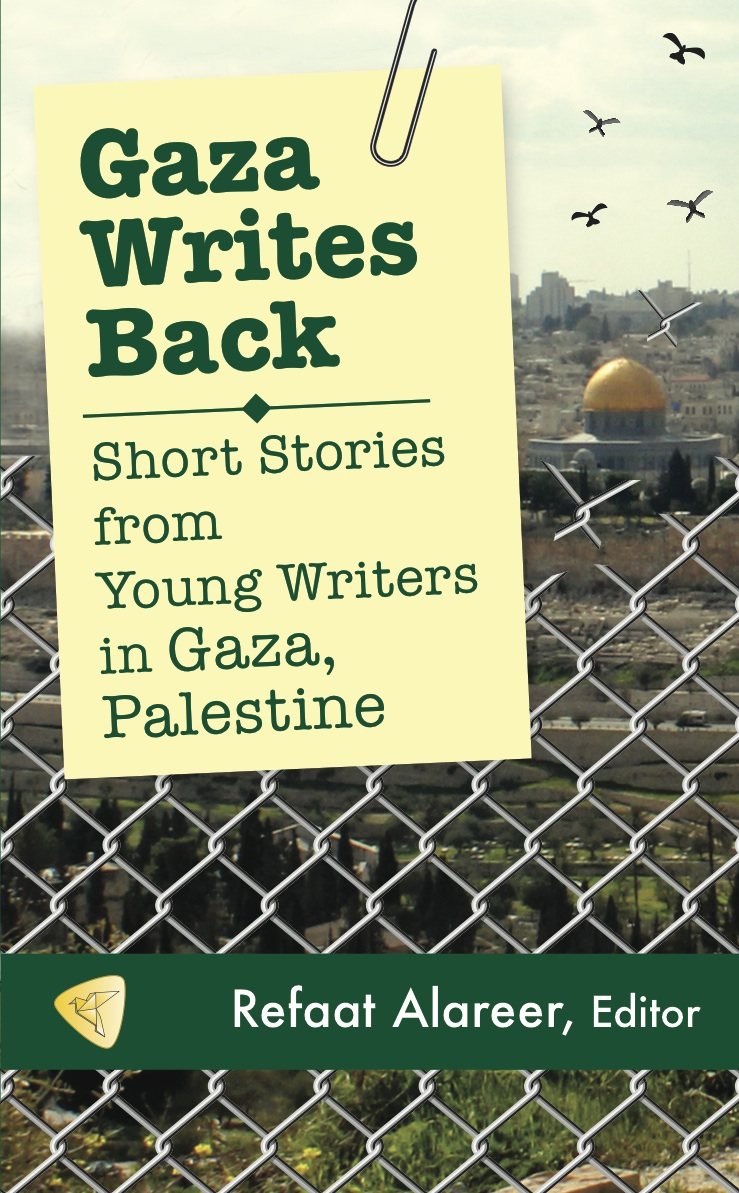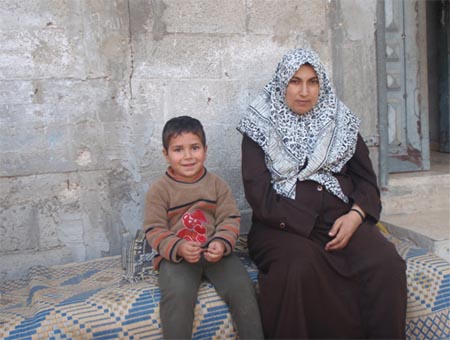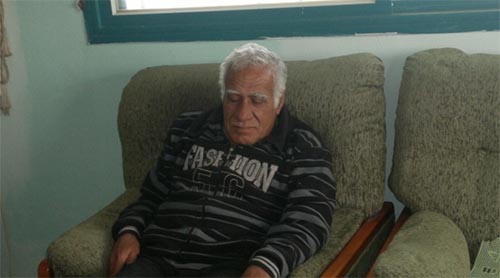Tag: Cast Lead
-
Five Years After the Cast Lead Operation: ‘Gaza Writes Back’
28th December 2013 | Arabic Literature (in English), M. Lynx Qualey | Cairo, Egypt It was five years ago that Cast Lead began. Now a book of short stories, Gaza Writes Back, marks the anniversary. The book’s editor, Refaat Alareer, answers questions about the collection: ArabLit: How did the idea for this collection come about? How did you put out the call…
-
17 January 2009 – The Al Ashqar family
17 January 2012 | Palestinian Centre for Human Rights “Madleen refuses to sleep by herself; she will only sleep in her parent’s room” says Nujoud, “she’s afraid to be by herself at all. The other day we were in the garden and I asked her to go to the bedroom to bring something. She refused…
-
16 January 2009 – The Shurrab family
16 January 2012 | Palestinian Centre for Human Rights “Can I go to a court to restore my sons? No” says Mohammed. “What is the point in bringing the soldiers who killed my sons to justice when there will simply be more and more after them? When others will lose their sons as well? Soldiers…



